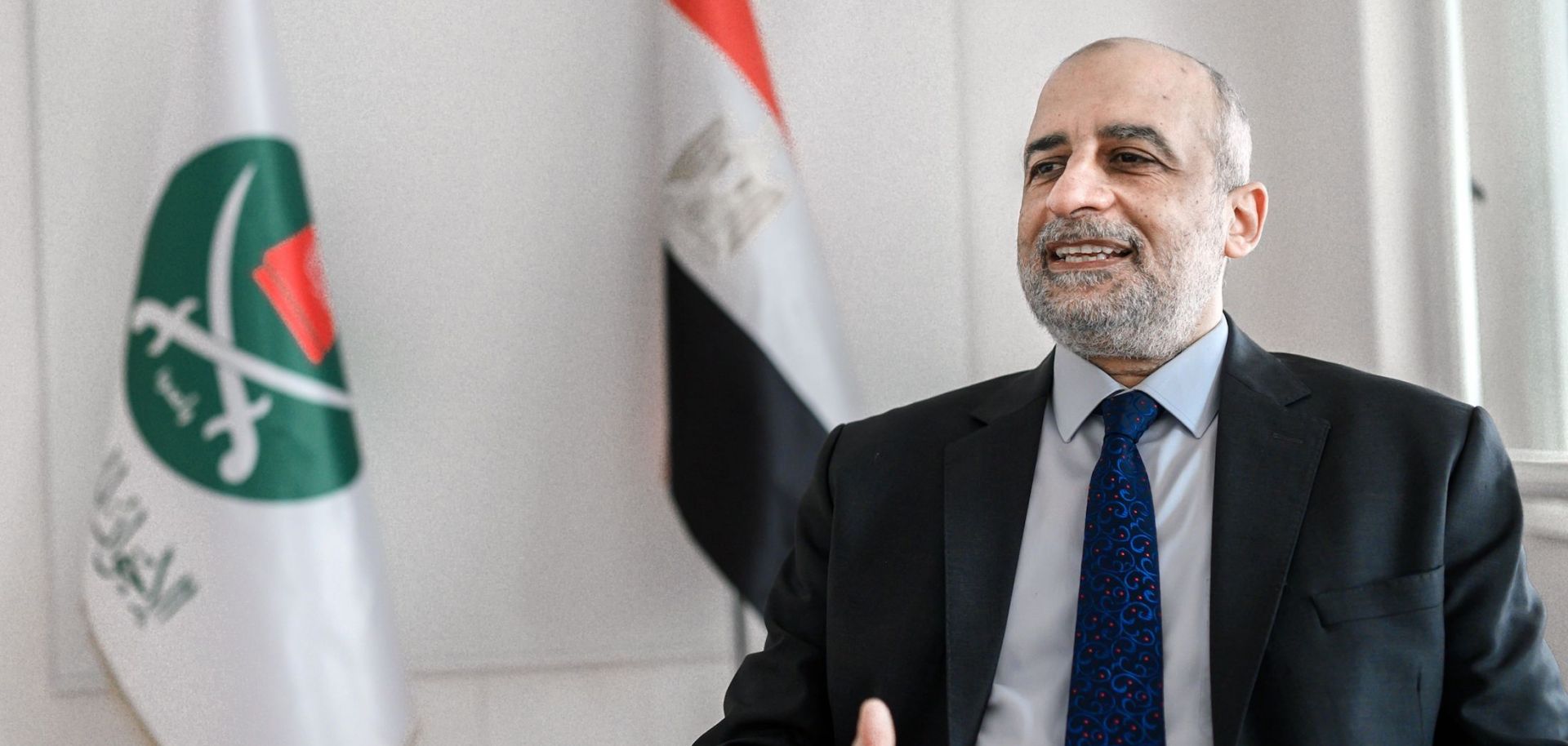As Qatar emerges from isolation, the waning political power and ideological allure of the Muslim Brotherhood will force Doha to rely less on its ties to the Islamist group and more on diplomatic efforts to gain influence abroad. After years of attempting to pressure Qatar to drop its support for the Muslim Brotherhood for fear it could inspire dissent and even revolution in their own countries, Saudi Arabia, Egypt, Bahrain and the United Arab Emirates have been easing their blockade on Doha. Qatar, however, has given no assurances that it will change its ongoing sponsorship of the Muslim Brotherhood. But the former blockading countries no longer see the transnational Islamic movement as much of a threat as they used to, with ideological weaknesses and increased security measures now limiting the group’s impact on global Muslim politics. ...

